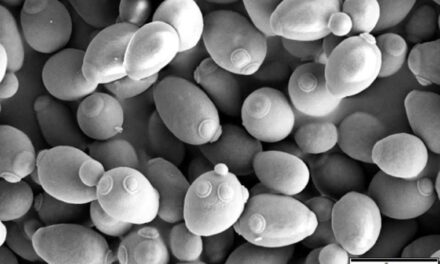Intermittent and Periodic Fasting For Longevity. Have You Scheduled Your Next Fast?

And now, more research by a team that included Dr. Valter Longo, Dr. Mark Mattson Dr. Maira Di Tano, and Dr. Novella Guidi, published earlier this year in Nature Magazine presents both intermittent fasting and periodic fasting as safe strategies that can positively affect longevity and healthspan by acting on cellular aging and disease risk factors—and while causing no or minor side effects.
The article is worth a direct read once or twice to learn more about the different fasting methods and their effect on longevity in organisms, linking them to the major nutrient-sensing cell signaling pathways and focusing on the benefits of fasting and the refeeding periods.
This knowledge further refines how we should think about eating and fasting as a relationship and a continuum that specific protocols can support any goal for health, performance, and longevity. Either we are eating, or we are fasting. As we begin to toggle our understanding and strategically fast for specific windows each day and longer windows on a periodic schedule, we take greater agency over our well-being and vitality.
In humans, the alternation of fasting and refeeding periods is accompanied by positive effects on risk factors for aging, diabetes, autoimmunity, cardiovascular disease, neurodegeneration and cancer. But not all fasting interventions are equal, and some are associated with smaller beneficial effects as well as side effects, including, in some cases, reduced longevity.
With the support of research, we also can more deeply consider how we fast and what is essentially best for our total health, energy, and renewed relationship to food. Depending upon our goals and our current state of health, we may opt to periodically fast with water only or fast with food and nourishment via the fasting-mimicking diet. As you decide, keep in mind to evaluate the positive effects of Intermittent fasting and periodic fasting as well as any potential adverse effects and to match with your goals–both short term and longterm goals such as Healthspan extension, weight management and disease prevention. Either way, fasting and eating well is integral to a long healthy life. Thus, the question to ask is, have you scheduled your next fast?
Read more in Nature. Let the fasting begin!





